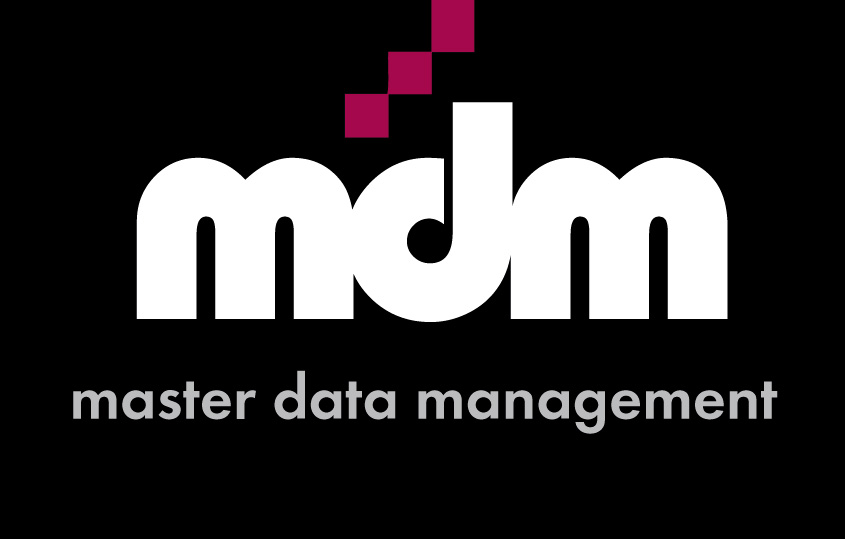Findings underscore differing perceptions of the efficacy of data architectures, data management, and even the data itself, for fueling confident decision-making
Navigate the complexities of BI implementation by rethinking your approach to address the top challenges with guidance from How to address the top challenges of BI, ensuring seamless integration and optimal utilization of BI solutions.
A new report, The Future of Data Architecture study, reveals major discrepancies in how data management and architectures are viewed across organisations. In general, while central analytics teams are satisfied with the future viability of their architectures, business users are unconvinced that existing architectures are able to meet constantly evolving business needs.

The report summarises the findings of a world-wide survey conducted in March and April 2022 by BARC (Business Application Research Centre), one of Europe’s leading analyst firms for business software, focusing on the areas of data, in collaboration with our partner, Precisely, the global leader in data integrity, that targeted data and analytics leaders and C-level roles across several industries.
Business stakeholders do not trust data and analytics results
The report, which can be accessed here, found a clear disconnect between data and analytics (D&A) teams and their key business stakeholders – with business users showing a lack of trust in the data and insights presented.
- 70% of business leaders do not believe that currently implemented data and analytics applications meet their needs.
- By contrast, only 32% of central D&A teams expressed concerns over their architectures.
- 52% of business stakeholders agree that existing data is not suitable for analysis, compared to only 36% of central D&A teams.
Key questions asked included:
- Are classic data architecture concepts such as the data warehouse, data lake, or data lakehouse viable for the future?
- What will work for today’s needs? What will we need in the future?
- What broader data architecture concepts are being pursued for the future, and what benefits are expected?
- What is new about data fabric compared to existing concepts, architectural approaches and technologies? Does data fabric play a role in future planning?
- Can a data fabric be successful without a data mesh?
Report reveals key data challenges
The research revealed key challenges highlighted by business managers, including extensibility of real or near-time requirements (41%), comprehensibility of the data landscape or architecture as a whole (39%), and flexibility of extended data requirements (32%). The main drivers for modernization are the optimization of existing data models and processes, migration to cloud platforms, and efforts to improve the quality of source data or data interfaces.
Data-driven business leaders are increasingly focused on developing a robust data integrity strategy that will enable them to break down data silos, improve data quality and provide transparency. As discussed in our Capitec case study, business agility is a key goal, along with improved decision-making, risk management and compliance.
The report emphasises that, while centralised design paradigms, such as the data warehouse, remain the core of many architectures, further data silos are sure to emerge due to the sheer volume of disparate data sources in play. Businesses must accept and manage this complexity and improve their source data, to streamline data pipelines and build a basis for data virtualisation.
Technology is not enough
Furthermore, the report agrees that technology alone is not enough. Companies must invest in understanding and maturing their data culture by bringing different stakeholders together to enable the exchange of perspectives and ideas. Through our recently announced partnership with Logicle Analytics we are able to support large enterprises to quickly understand the multiple data subcultures that must be accommodated to drive adoption of any data strategy.
Get the full report at https://www.precisely.com/resource-center/analystreports/barc-study-the-future-of-data-architecture
Gain insights into why timely reports are indispensable for effective business management by exploring The Dangers of Flying Blind: The Importance of Accurate Data and Timely Reports in Running a Business, ensuring informed decision-making and proactive strategies.
Differentiate between data quality and information quality and understand their impact on business decisions with insights from data quality vs information quality, ensuring clarity in data management strategies.

Leave a comment